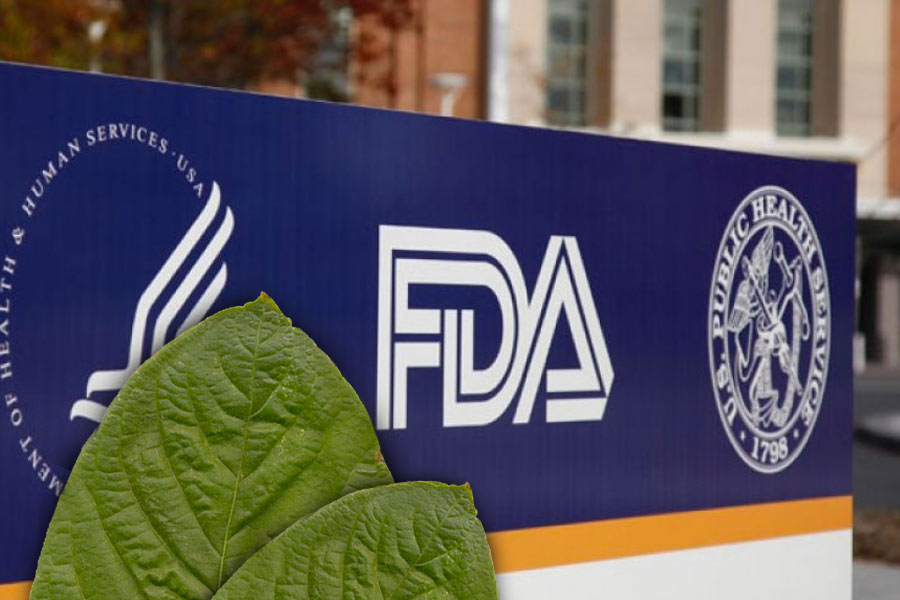By PMN Staff | OCTOBER 22, 2014
The recent seizure of a massive amount of kratom—which is claimed by online vendors to have opioid-like analgesic effects, as well as psychoactive properties—by U.S Marshalls paints a vivid picture of the growing danger it represents. The marshalls, acting under direction of the FDA, seized 500 cartons of kratom bottles, weighing 25,000 pounds and worth an estimated $5 million, from Rosefield Management of Van Nuys, Calif. in September.
“We have identified kratom as a botanical substance that poses a risk to public health and has the potential for abuse,” said Melinda Plaisier, the FDA’s associate commissioner for regulatory affairs. “This action was taken to safeguard the public from this dangerous product, and FDA will continue to take aggressive enforcement actions against products that are promoted for uses that are unapproved.”
Kratom is a common name for Mitragyna speciosa, a naturally growing botanical found in Thailand, Malaysia, Indonesia and Papua New Guinea. It contains alkaloids that the FDA states have pharmacologic effects similar to morphine and other opiates. It is promoted on numerous web sites and has a wide following on Twitter, but is not approved in the United States for any medical use. Rosefield Management is the Kratom distributor for C.V. Bali Herbal of Indonesia.
The FDA wrote in a press release that “Rosefield distributed kratom after receiving instruction to do so from Wholesale Shamanic Herbs. Wholesale Shamanic Herbs promoted kratom on its web site with claims that the product is intended for use in the diagnosis, cure, mitigation, treatment or prevention of disease.”
Shamanic Herbs states on its web site (www.shamanicherbs.com) that the most popular of its “ethno-botanicals” are “those ones that have been smoked or drunken in the form of various potions or eaten mostly in the form of small tidbits with the intention to stimulate the brain, to sedate the soul, to enhance the mind and to widen the powers of imagination.”
In addition to its desired effects, kratom comes with inherent dangers. According to the FDA, consumption of kratom can lead to a number of health problems including respiratory depression, nervousness, agitation, aggression, sleeplessness, hallucinations, delusions, loss of libido, tremors, skin hyper-pigmentation, nausea, vomiting, constipation and severe withdrawal signs and symptoms.
The danger is real enough that in February, the FDA utilized its powers under the Federal Food, Drug and Cosmetic Act and filed complaint in the U.S. District Court for the Central District of California alleging that kratom is an unapproved new drug and is also misbranded. It then issued an alert that cited its intention to instruct the U.S. Marshalls to detain imported kratom without physical examination.
“There are so many unregulated herbal and non-herbal products being sold these days it’s scary,” commented David S. Craig, PharmD. “I’m happy to hear that the FDA took action in removing unapproved substances like Kratom, from the US marketplace.”
Based on a press release from the FDA.



